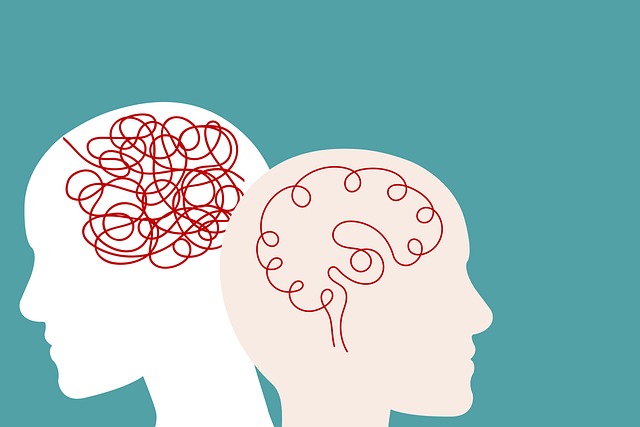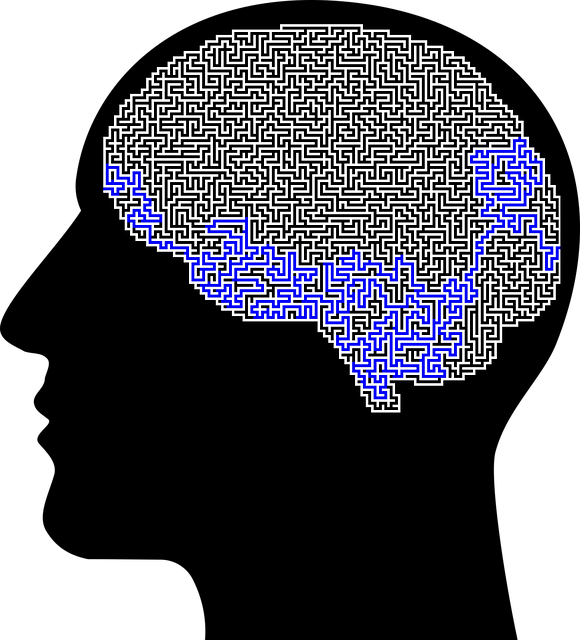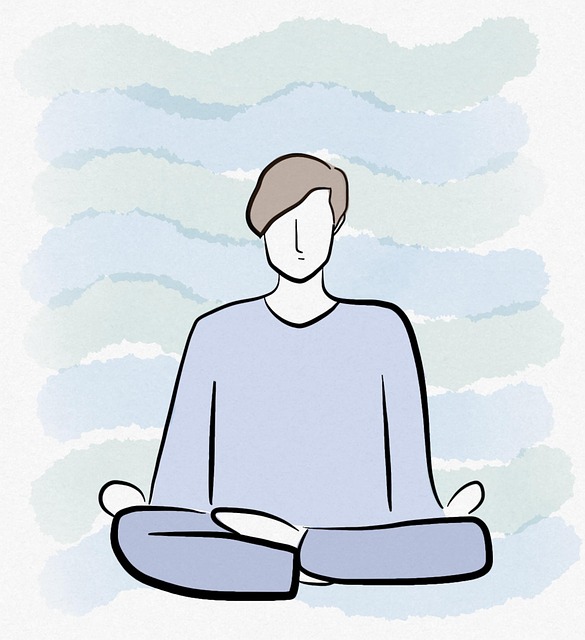Lafayette Children Therapy integrates mindfulness meditation to enhance children's mental well-being. Through simple techniques, kids learn self-regulation, stress reduction, and improved focus. Mindfulness aids trauma support, fosters emotional intelligence, and cultivates inner peace. Regular practice benefits both therapists and children, reducing anxiety, promoting emotional regulation, and teaching coping strategies. Creating a peaceful sanctuary at home, with designed spaces and rituals, further enhances emotional well-being. Lafayette Children Therapy offers mindfulness exercises, games, and cultural competency training for tailored support. Consistent practice, starting small and tracking progress, facilitates stress management and improved self-care routines.
Discover the transformative power of mindfulness meditation with guidance tailored for children. This comprehensive guide explores essential aspects, from understanding mindfulness for young minds to its therapeutic benefits in a setting like Lafayette Children’s Therapy. Learn how to create a peaceful home environment, access effective techniques and exercises, and maintain consistent practice for optimal progress.
- Understanding Mindfulness Meditation for Children
- Benefits of Regular Practice in a Therapy Setting
- Setting Up the Perfect Mindful Environment at Home
- Techniques and Exercises for Young Minds
- Tips for Maintaining Consistency and Tracking Progress
Understanding Mindfulness Meditation for Children

Mindfulness meditation is an ancient practice that has gained popularity as a valuable tool for children’s mental well-being, especially in Lafayette Children Therapy settings. It involves training the mind to be fully present and aware of the present moment, without judgment. For kids, this can be a powerful way to enhance self-regulation, reduce stress, and improve focus. Through simple techniques like mindful breathing, body scans, or guided visualizations, children learn to observe their thoughts and emotions without getting overwhelmed by them.
This practice isn’t just about calming the mind; it also fosters self-awareness exercises that can help young individuals navigate challenging situations, including trauma support services. By integrating mindfulness into their daily routines, children can develop better emotional intelligence, improve their risk management planning for mental health professionals, and cultivate a sense of inner peace. Lafayette Children Therapy programs often incorporate these practices to create a safe space for kids to explore their emotions, understand their thoughts, and build resilience.
Benefits of Regular Practice in a Therapy Setting

Regular mindfulness meditation practice offers profound benefits in a therapy setting, particularly for children at Lafayette Children Therapy. It helps to reduce anxiety and stress levels, fostering a sense of calm and emotional regulation. Through structured sessions, kids learn to focus their attention and cultivate present-moment awareness, which can significantly enhance their overall well-being.
Moreover, mindfulness meditation promotes better coping strategies, enhances self-awareness, and improves relationship dynamics. In the context of Risk Management Planning for Mental Health Professionals, this practice supports therapists in managing their own stress, leading to more consistent and effective care delivery. Incorporating Mindfulness into Mental Health Education Programs Design can also empower children with valuable life skills, contributing to improved mental health outcomes and resilient coping mechanisms. Additionally, developing a robust Self-Care Routine Development for Better Mental Health becomes easier when mindfulness is integrated into the daily therapy routine, benefiting both therapists and the children they serve.
Setting Up the Perfect Mindful Environment at Home

Creating a dedicated space for mindfulness at home is the first step towards cultivating emotional regulation skills, which can be immensely beneficial for both adults and children alike, as highlighted by Lafayette Children Therapy. Start by transforming a quiet room into your personal sanctuary. Opt for a clean, uncluttered environment with soft lighting to promote relaxation. Consider incorporating elements that soothe the senses, such as essential oils or gentle background music. A cozy meditation cushion or a comfortable chair can make your practice more enjoyable and accessible. Personalize your space with items that inspire calmness, like plants or artwork that resonates with you.
In addition to physical setup, establishing a consistent routine is key. Consistency breeds familiarity, making it easier to settle into the practice. Consider incorporating a Mental Wellness Journaling Exercise Guidance or even starting a Mental Wellness Podcast Series Production as part of your daily rituals. Over time, this dedicated mindful environment will become a haven for cultivating mental wellness and emotional balance.
Techniques and Exercises for Young Minds

For young minds seeking a calm and focused state, mindfulness meditation offers a powerful tool. Techniques tailored for this age group can transform their relationship with stress, anxiety, and even emotional regulation. Simple exercises like “mindful breathing” encourage children to focus on each inhalation and exhalation, grounding them in the present moment. This practice, often taught through engaging stories or games, helps kids develop a deeper sense of self-awareness and control over their thoughts.
At Lafayette Children’s Therapy, we recognize that integrating mindfulness into daily routines can be as simple as dedicating a few minutes for quiet reflection. Our community outreach program implementation includes teaching these practices to both children and their caregivers, fostering an environment where stress management becomes a shared and accessible goal. Healthcare provider cultural competency training is also integral to our approach, ensuring that every child, regardless of background, receives tailored support through mindfulness meditation.
Tips for Maintaining Consistency and Tracking Progress

Maintaining a consistent mindfulness meditation practice can be enhanced by setting realistic goals and integrating it into your daily routine. Start small, perhaps with just 5-10 minutes each day, and gradually increase the duration as you become more comfortable. Establish a dedicated time, like morning or evening, to ensure regularity. Creating a quiet and comfortable space for your practice can also help.
Tracking progress is another valuable aspect of mindfulness meditation. Consider using a Mental Health Education Programs Design journal or an app to record your thoughts, feelings, and meditation experiences. This Mental Wellness Journaling Exercise Guidance allows you to reflect on your journey, identify patterns, and appreciate the positive changes occurring in your life, as demonstrated by the improved calmness and focus you may experience during Self-Care Routine Development for Better Mental Health.
Mindfulness meditation offers a powerful tool for fostering emotional well-being in children, as evidenced by its growing integration into therapy settings. By creating a supportive and mindful environment at home, using age-appropriate techniques, and tracking progress consistently, parents can significantly enhance their child’s mental health. For personalized guidance tailored to Lafayette Children Therapy clients, exploring mindfulness meditation as part of a comprehensive therapy plan shows great promise in nurturing resilient, balanced young minds.














